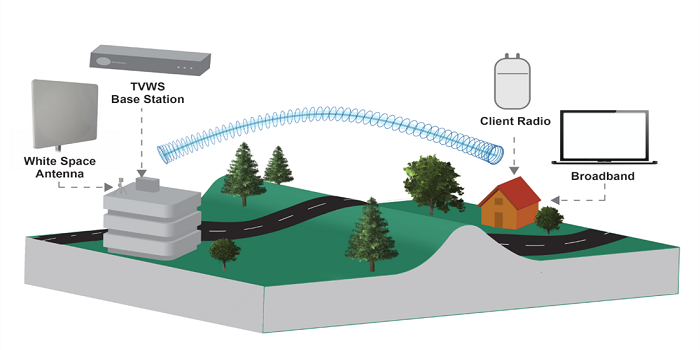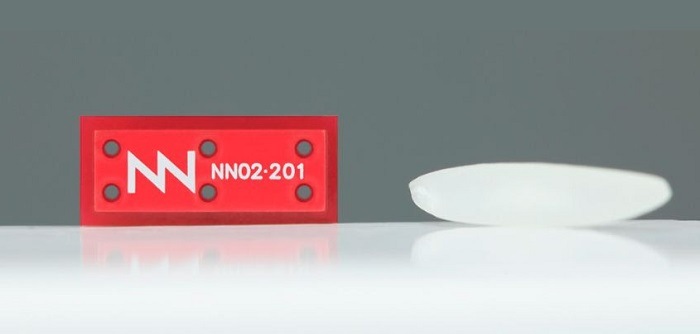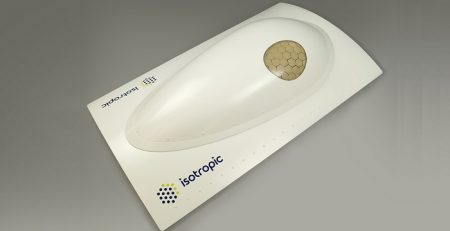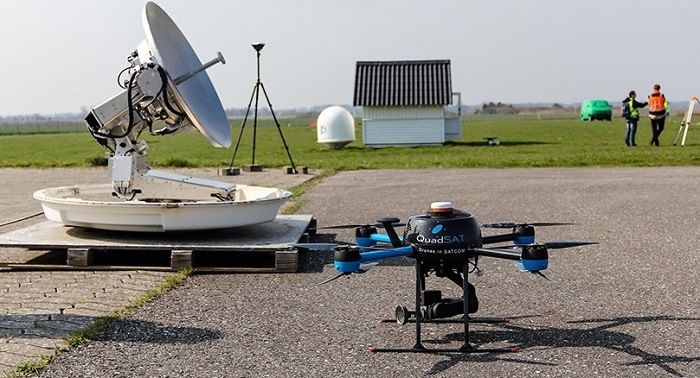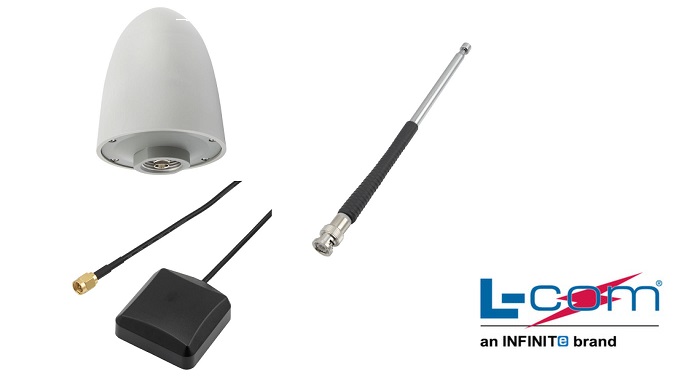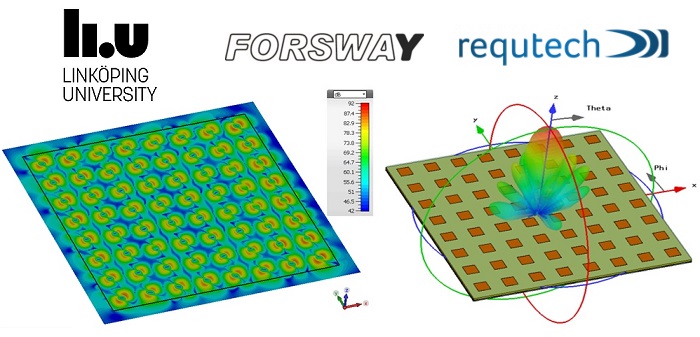Why Are Spectrum Analyzers Crucial for RF Engineers?
An instrument called a spectrum analyzer is commonly used by RF engineers to represent and analyze the frequency spectrum of signals, by showing amplitude against frequency range on a display screen. This tool helps in identifying and troubleshooting signals within a range of frequencies. Spectrum analyzers come in forms ranging from portable versions to more advanced systems but they all serve the same fundamental purpose. Providing valuable information, about signal frequencies to help engineers improve their designs and solve problems effectively.
 The Importance of Spectrum Analyzers in RF Engineering
The Importance of Spectrum Analyzers in RF Engineering
In the RF engineering field importance of spectrum analyzer is crucial. This cannot be emphasized enough as it plays a role, in evaluating communication device efficiency compliance with regulations and reducing interference among channels Visualizing signal properties spectrum analyzers assist engineers in making educated choices regarding system performance and enhancement, in design, This essential tool helps prevent signal distortion and performance decline which could severely impact communications and lead to significant financial setbacks.
Key Applications of Spectrum Analyzers
Signal Analysis and Troubleshooting
Analyzing signals is a use of a spectrum analyzer, in the field of RF engineering to gauge the power level and reliability of signals, in communication systems during their development and implementation stages. When dealing with issues a spectrum analyzer can promptly pinpoint causes of distortion or interruptions enabling engineers to address problems proactively before they worsen. The capability to evaluate signal integrity instantly boosts the efficiency of issue resolution procedures. Guarantees that systems function smoothly with disruptions.
Frequency Spectrum Management
Using spectrum analyzers effectively contributes to managing frequency spectrum efficiently and monitoring signal distribution to allocate bands accurately in shared environments, by engineers. It is vital for maintaining performance and avoiding signal loss or degradation due to interference in spectrums. Regular monitoring with a spectrum analyzer aids engineers, in preventing disputes and complying with standards reiterating the significance of this tool.
Modulation Analysis
Analyzing modulation is crucial, for grasping the features and standards of modulated signals. Spectrum analyzers offer perspectives on different modulation techniques to help engineers evaluate factors such as range and modulation precision. By conducting assessments RF engineers can fine-tune their setups for types of modulation meeting industry guidelines and boosting system efficiency. This step is crucial, in creating transmission systems that demand signal reliability.
Features to Consider in a Spectrum Analyzer
Frequency Range
When you’re picking out a spectrum analyzer to use for your work or projects it’s important to focus on its range, as a factor for consideration. The frequency range plays a role in determining the breadth of analysis. Is especially crucial in tasks that involve measuring high frequencies like those found in telecommunications. Make sure that the spectrum analyzer you select can cover the frequency bands required for your needs. For instance, RFecho provides tools with a range spanning from 32GHz to 36GHz which is perfect, for addressing demanding RF engineering requirements.
Resolution Bandwidth (RBW)
When picking a spectrum analyzer it’s crucial to look at the resolution bandwidth (RBW). This feature impacts how precisely you can distinguish and assess signals, within the frequency range influencing measurement accuracy. A narrower RBW enables spotting positioned signals, useful in crowded settings. Opt for a spectrum analyzer that offers RBW options for analysis, in diverse testing situations.
Dynamic Range
The range of dynamics pertains to the difference, between the largest signals that a spectrum analyzer can precisely gauge. A substantial dynamic range proves essential for identifying signals amidst interference. This holds importance, for radio frequency engineers operating in systems or settings with fluctuating signal intensities. Engineers ought to opt for tools providing a range to guarantee precise detection of the entire signal spectrum and efficient analysis performance.
Engineers specializing in radio frequency (RF) technology who are, in search of top-notch spectrum analyzers can benefit from the offerings provided by RF Echo Company tailored to their requirements. Committed to delivering notch design and manufacturing standards RF Echo equips engineers, with state-of-the-art technology to enhance their projects. The spectrum analyzers offered by the company feature wide frequency ranges, resolution options, and impressive dynamic range capabilities that enable thorough analysis and ensure reliable performance across various applications.
By assessing and weighing features, in detail, RF engineers can utilize spectrum analyzers effectively to improve their work processes and stimulate creativity, in their endeavors. Welcoming these tools enables signal reliability easier issue resolution procedures and a deeper grasp of the frequency spectrum, promoting an effective RF engineering setting overall.
Advanced Capabilities for Modern Spectrum Analyzers
Real-Time Spectrum Analysis
Real-time spectrum analysis (RTSA) is a functionality found in spectrum analyzers that empowers RF engineers to observe and evaluate signals in real-time as they happen—an indispensable tool, for identifying momentary signal occurrences and making prompt adjustments to ensure peak performance levels are maintained effectively and efficiently. The immediate display of signal attribute changes provided by RTSA not only aids in proactive issue resolution but also boosts the reliability of the system by allowing for timely troubleshooting interventions. RF Echo has incorporated top-notch RTSA features into their spectrum analyzers to enhance your capacity, for monitoring dynamic signal environments.
Remote Monitoring and Control
Modern spectrum analyzers have made monitoring. Control is a key innovation to enhance their functionality significantly today. This advancement enables RF engineers to remotely access and manage the analyzer from, outside the site. This flexibility and efficiency boost allows for analysis and issue resolution without the need for a presence near the equipment. The spectrum analyzers by RF Echo come equipped with built-in remote access features that offer engineers resources to monitor signal quality and performance life while reducing the need, for visits significantly.
The Role of RF Echo’s Spectrum Analyzers
Product Line Overview
RF Echo offers a diverse range of spectrum analyzers tailored for various RF engineering applications. Their product line includes models designed for high-frequency measurements, with capabilities spanning 32,000 to 36,500 MHz. This wide frequency range supports applications from telecommunications to scientific research, ensuring engineers have access to the tools necessary for effective signal analysis. Alongside high frequency, RF Echo’s analyzers also prioritize user-friendly interfaces, providing intuitive operation for professionals at any experience level.
Innovations and Technological Advancements
RF Echo remains at the forefront of technological advancements in spectrum analyzers, continuously integrating innovative features into their products. With an emphasis on enhanced accuracy and measurement speed, these analyzers utilize advanced digital signal processing technologies, optimizing performance metrics for various applications. The incorporation of features like automated measurements and analysis software allows for more streamlined workflows, enabling engineers to focus on vital project elements rather than mundane operational tasks. By investing in RF Echo’s cutting-edge spectrum analyzers, engineers can leverage the latest advancements in RF technology to amplify their work.
Optimizing Performance with RFEcho’s Solutions
Integrating with Other Tools and Systems
Integration with other tools and systems is crucial for optimizing the performance of a spectrum analyzer. Many RF engineering tasks require collaboration between various instruments and software solutions. By leveraging RF Echo’s spectrum analyzers, you benefit from compatibility with a wide range of other testing and measurement equipment, allowing seamless data exchange and analysis. This integration fosters a comprehensive approach to RF engineering, improving both design and troubleshooting processes by facilitating real-time collaboration between devices.
Enhancing Workflow Efficiency
Enhancing workflow efficiency is a key consideration for RF engineers seeking to maximize their productivity. RF Echo’s spectrum analyzers are engineered with user-centric design principles that streamline your investigative processes. Features such as automated test setup, intuitive navigation, and customizable reporting capabilities contribute to a more efficient workflow, allowing you to conduct tests and analyze data with a minimum of manual intervention. By optimizing your workflow with RF Echo’s solutions, you can achieve faster results without compromising accuracy, ultimately leading to more agile project delivery and improved project outcomes.

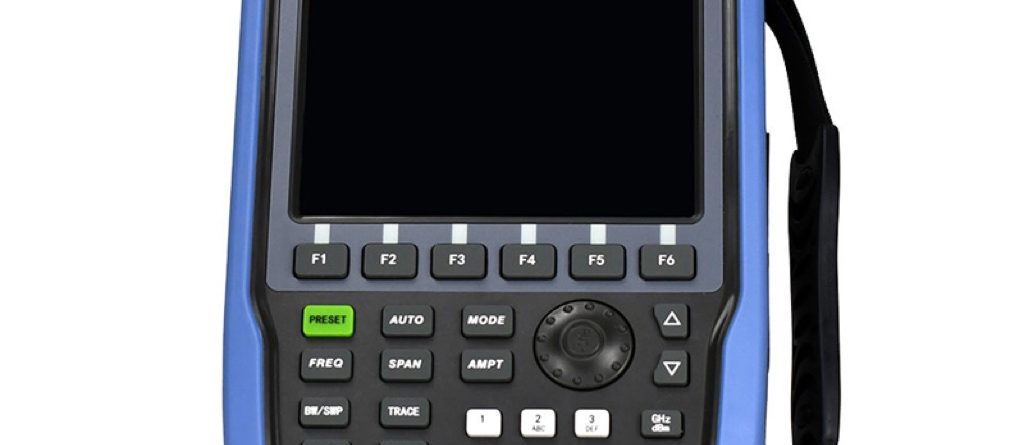
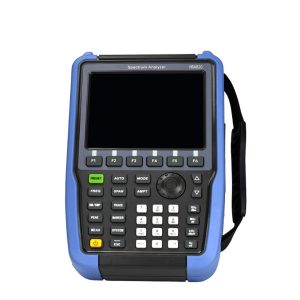 The Importance of Spectrum Analyzers in RF Engineering
The Importance of Spectrum Analyzers in RF Engineering